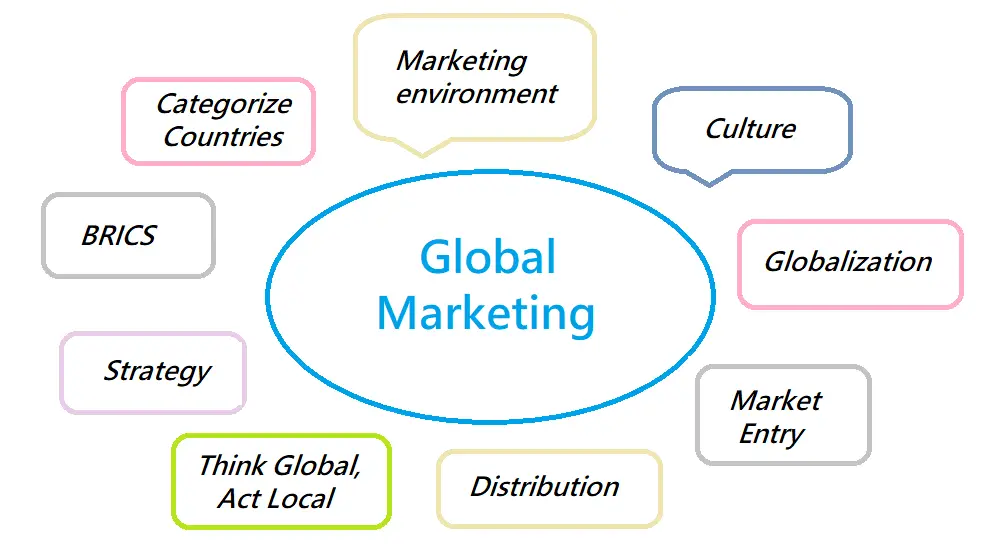
Do ladies wish to undertake male characteristics and behaviours to achieve success in industry? Are stereotypes nonetheless provide and do they proceed to disrupt ladies’s careers? How do leaders in Québec evaluate to these in Europe?
In early 2020, the Ladies Initiative Basis, in partnership with Concordia College’s John Molson Faculty of Industry, the Stanford College Ladies’s Management Innovation Lab, and the CentraleSupélec of Université Paris-Saclay, carried out a brand new learn about about stereotypes and discrimination within the industry global. The learn about surveyed leaders from Europe and Québec, from seven massive organizations in France, Germany, Italy, and Québec, with a global achieve.
In combination, we, the Dean of the John Molson Faculty of Industry and a professional within the demanding situations confronted via ladies within the absolute best echelons of management, are sharing the result of this learn about with emphasis at the effects from the Québec element, all whilst engaging in an research of the synergies with the location in Europe.
Contents
Ladies have advanced a novel taste of management
Some of the goals of this learn about was once to resolve if ladies are tougher leaders than males of their approach of managing folks. Are they extra critical against their feminine colleagues? Are ladies extra career-minded than males? Do they wish to put their circle of relatives lifestyles apart to reach all in their skilled aspirations?
In different phrases, relating to normally widely recognized stereotypes, do ladies turn out to be extra “masculinized” via adopting male characteristics and behaviours to be triumphant?
The learn about published {that a} low collection of feminine respondents from Québec (24%) and male respondents (17%) suppose that feminine leaders turn out to be extra masculine with the intention to growth of their careers. Conversely, in Europe, 46% of ladies and 47% of guys proportion this trust.
This low feeling of masculinization of Québec ladies leaders is especially essential to show, as it prevents sure leaders from turning into hindrances quite than function fashions for different ladies. A ways from denying their femininity, the result of this learn about appear to signify that ladies increase a management taste this is distinctive to them.
The stereotypes persist
The comparability of the consequences on all sides of the Atlantic displays that stereotypes are nonetheless simply as power and anxious for the development of feminine careers.
It’s been discovered that during each Québec and Europe, ladies had been stereotyped as having competencies which can be generally related to make stronger roles (rigorous and attentive) while males are presumed to have characteristics related to positions of energy (politicians, leaders, careerists). Extra particularly in the case of management stereotypes, ladies are perceived as arranged, leaders and rigorous while males are described as politicians, careerists, strategists, and leaders.
As soon as once more, males are regarded as as the ones within the thick of the motion and extra centered at the development in their profession (they’re strategists and career-driven) whilst ladies are thought to be passive and not more formidable. Those stereotypes in large part provide an explanation for the sticky ground and the glass ceiling that ladies have confronted for a few years and the close to absence of feminine CEOs in massive Canadian organizations. The sticky ground is the idea illustrating the trouble ladies face when they’re in search of promotions at the beginning in their careers, and the gradual climb of the ladder. As for the glass ceiling, that is the idea of the invisible boundaries that forestall ladies from being promoted into the higher ranges of our organizations.
Very other perceptions of inequalities
There’s a stark distinction within the belief that men and women have referring to their employer’s dedication to range, fairness, and inclusion.
Males don’t appear as acutely aware of the inequalities and discrimination that ladies can face of their paintings atmosphere. As a lot in Québec as in Europe, males give their organizations a far upper score at the corporate’s values of range, the combat towards discrimination, and inclusion tasks.
Two fascinating responses that illustrate this distinction in belief are essential to focus on: most effective 10% of the male members from Québec consider that they’re higher paid than ladies who’ve equivalent competency ranges, whilst 44% of feminine members in Québec suppose the other. The male respondents also are part as prone to pay attention about sexist feedback within the administrative center.
Alternatively, if ladies in Québec have a extra favorable belief of an equitable tradition within the place of business than the ones in Europe, the learn about confirmed that however about part of respondents are prone to understand a loss of fairness in inner promotions and notice the trouble in having access to management roles. When requested particularly in regards to the hardships of acquiring control roles, many ladies discussed that institutional discrimination is what forces them to often end up their value, and leads them to self-censure and devalue themselves.
Males wish to be extra delicate to inequalities
This large disconnect in perceiving sexist discrimination within the place of business raises some issues, for the reason that roles within the absolute best echelons of businesses are extra frequently occupied via males.
Given they’re much less acutely aware of the difficulties confronted via their feminine opposite numbers, those male leaders could also be much less prone to place ahead insurance policies and methods that may favour extra equivalent get entry to to management roles. It’s subsequently crucial that those males are made acutely aware of the hindrances confronted via ladies.
This learn about demonstrates that stereotypes, systemic hurdles, and discriminatory insurance policies and procedures persist extra in Ecu society than in Québec. Nevertheless, there’s nonetheless an excessively lengthy street forward. Range, fairness and inclusion techniques applied via our Canadian corporations and built-in of their technique and building could make an enormous distinction to the development of ladies’s careers. Significantly, in France, this method is evolving.
There may be transparent advantage in proceeding to inspire and beef up those tasks, given there’s evidence in the good thing about them, particularly once we evaluate ourselves right here in Québec to the Europeans. Québec ladies leaders, as Martine Liautaud, president of the Ladies Initiative Basis, wrote in Le Monde lately, “are extra combative than even their maximum made up our minds Ecu opposite numbers, they’re prouder in their good fortune, and all this with no need to disclaim their distinctive characteristics.”
The authors want to thank Shirin Emadi-Mahabadi, MBA and Director, Strategic Advisory Techniques (Inclusive Consumer Interactions) at CIBC Nationwide Gross sales and Observe Excellence for her contribution to this newsletter.
Supply By means of https://theconversation.com/from-canada-to-europe-survey-reveals-the-challenges-facing-women-leaders-190631







